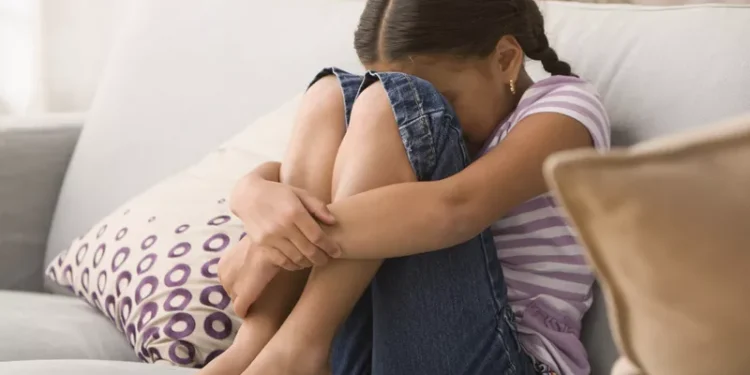World Suicide Prevention Day is a powerful reminder of the importance of open and honest conversations about Mental Health.
We believe it is crucial to continue this dialogue beyond a single day, and to ensure that no one feels alone in their journey.
This is particularly vital for those who have experienced the profound pain of losing a loved one to Suicide.
Join SADAG this Wednesday, 17 September at 6 PM for our Instagram Live, “You Are Not Alone: Coping with Loss After Suicide.” We’ll be joined by Clinical Psychologist Alexa Scher and Survivors of Loss of Suicide (SOLOS) Support Group leader Debra Sowter, who will provide compassionate guidance and support on navigating this complex grief.
The conversation continues on Friday, 19 September at 1 PM for our SADAG Online Ask the Expert on Facebook. The topic is “Breaking the Silence: Understanding Suicide Risk in LGBTQI+ Communities.”
This vital discussion will feature Tris Support Group Leader and Kamal Naran, an Art Therapist, who will address the unique challenges faced by this community.
Helpful Coping Skills for Grieving a Suicide Loss
Losing a loved one to Suicide is an incredibly difficult and complex journey. As you navigate the healing process, remember that it’s okay to feel a wide range of emotions and to seek support. Here are a few helpful coping skills to help you through this difficult time:
Allow yourself to grieve: There is no “right” way to grieve. Give yourself permission to feel your emotions without judgment. Cry, be angry, be sad—whatever you need to do to process your feelings.
Talk about it:
Find a trusted friend, family member, therapist, or Support Group to talk to. Sharing your experience can help you feel less alone and provide a space to process your feelings.
Connect with others who understand:
Consider joining a Support Group for Suicide loss survivors. Being with people who have walked a similar path can be incredibly validating and comforting.
Take care of your physical health:
Grief can be physically and emotionally exhausting. Try to get enough sleep, eat nutritious meals, and engage in gentle physical activity, like walking.
Honour your loved one:
Find a way to remember and celebrate your loved one’s life. This could be by planting a tree in their memory, writing a letter to them, or participating in an activity they loved.
Be patient with yourself:
Healing is a process, not a race. There will be good days and bad days. Be kind to yourself and celebrate the small victories along the way.










